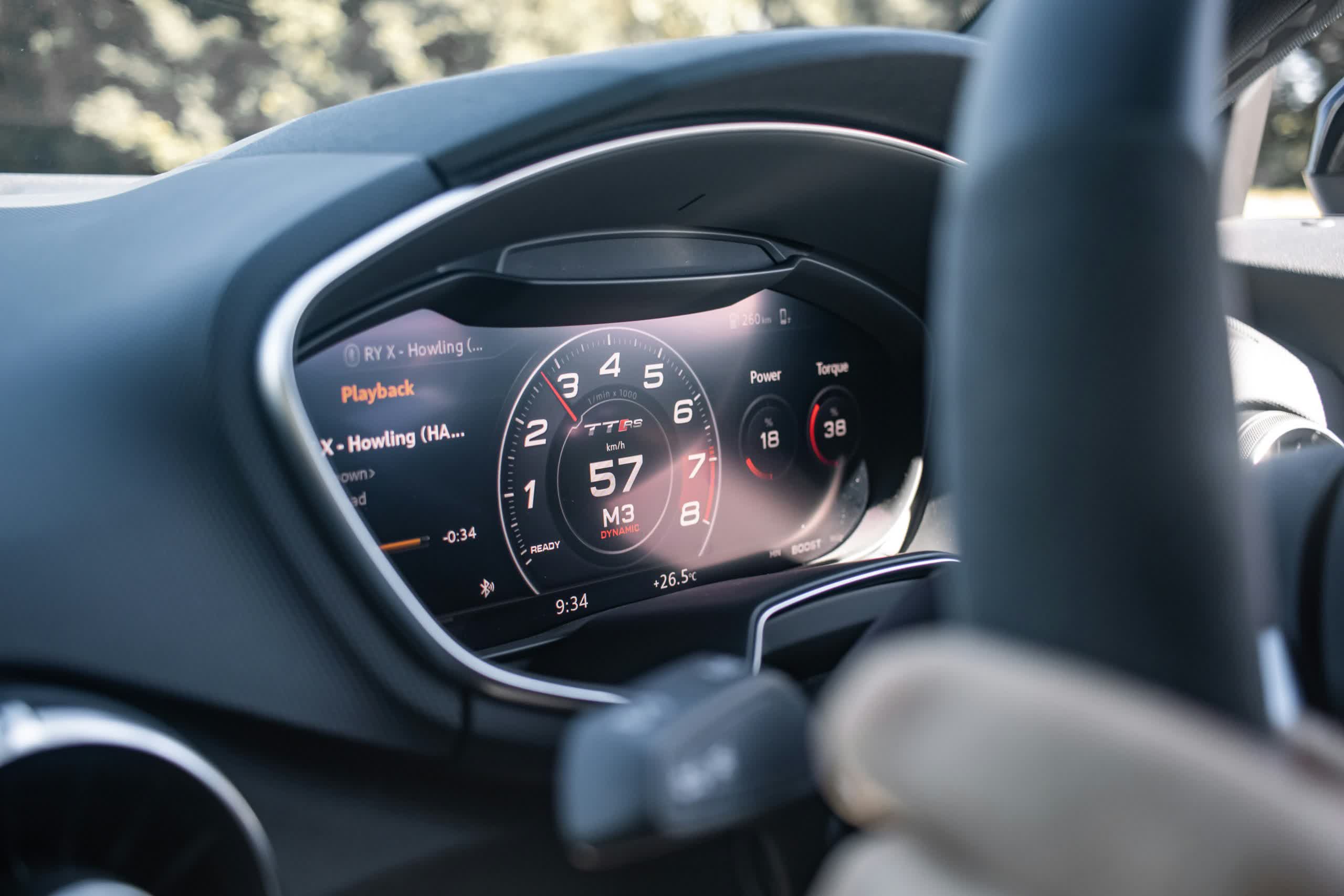A hot potato: In an attempt to prevent drivers from breaking the law and endangering themselves and others, the EU is making speed limiters mandatory on all new cars. The new rules come into effect on July 7 and, while they do not impact the UK, they do affect Northern Ireland.
Intelligent Speed Assistant (ISA) technology uses a speed sign-recognition video camera and/or GPS-linked speed limit data to advise drivers of the current speed limit and warn them if they are exceeding it.
While drivers can accelerate and brake as they would normally while ISA is activated, the limiter sends haptic, audio, and visual warnings to drivers who break the limit until they slow down.
Many new cars already feature ISA technology, but it can be easily overridden. The new rules ensures cars will feature ISA systems that cannot be permanently switched off; they restart every time the engine is restarted.
Autotrader notes that many auto manufacturers already include factory-fitted ISA in some cars, including Citroen, Ford, Honda, Jaguar, Peugeot, Renault and Volvo. Renault Group went even further by limiting the top speed of all new Renault and Citroen cars, though they can still reach 112 mph.
Some drivers say the warning signals they receive from ISA systems can be annoying or even distracting while driving. To address this, manufacturers can choose from four different alert options: the accelerator pedal pushing back against a driver’s foot; the propulsion power being automatically reduced, though it can be overridden by pushing the pedal again; visual and audio cues that eventually time out; and a visual cue that leads to a vibrating pedal if ignored.
In addition to the speed limiter, the new rules make other vehicle safety features, including automated lane-keeping and autonomous emergency braking, mandatory.
The mandates are being pushed not only as a way of increasing safety, promoting better driving, and helping people avoid speeding fines, but also as a method of driving more economically by using less fuel. Whether drivers see it that way is debatable.
Masthead credit: Kalden Swart

